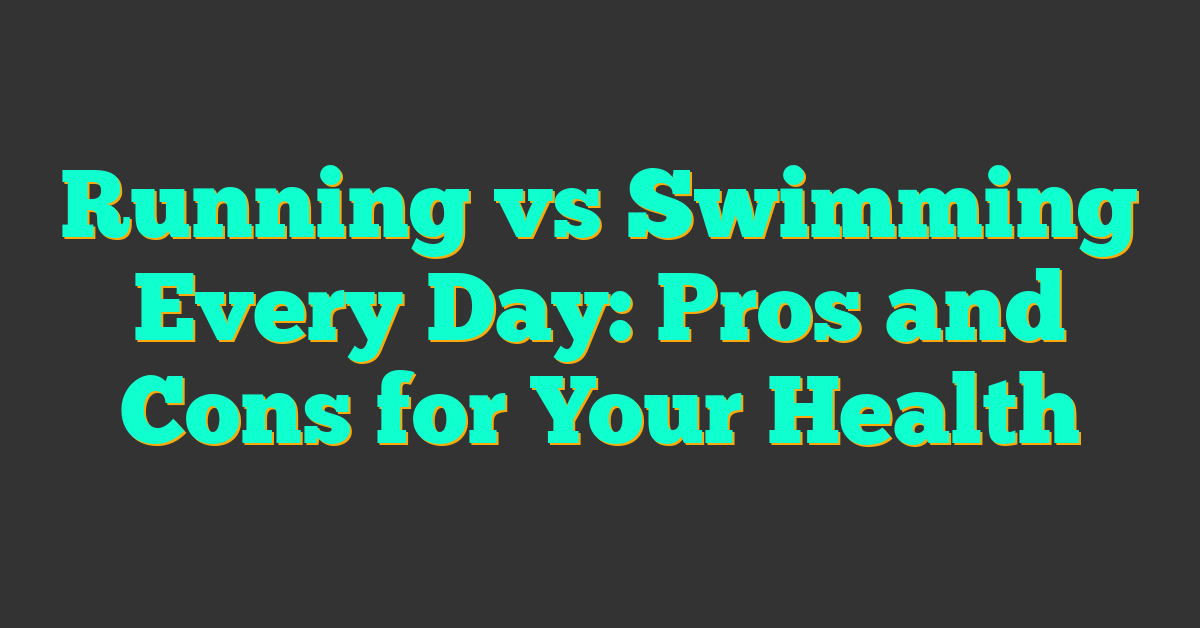Training for a triathlon is exhilarating, but it’s easy to push yourself too hard. I’ve been there, feeling the rush of each swim, bike, and run, only to realize that more isn’t always better. Overtraining can sneak up on even the most dedicated athletes, leading to exhaustion and setbacks.

Finding the right balance is key to staying healthy and performing your best. In this article, I’ll share the strategies that helped me avoid overtraining, keep motivation high, and enjoy the journey to becoming a stronger triathlete. Let’s dive into how you can maintain your training without burning out.
Understanding Overtraining
Overtraining happens when my training intensity and volume surpass my body’s ability to recover, leading to a decline in performance. Recognizing overtraining early is crucial to prevent setbacks in my triathlon journey.
Signs of Overtraining
Key indicators include:
- Persistent Fatigue: I feel constantly tired, even after adequate rest.
- Decreased Performance: My times worsen, and I struggle to complete workouts.
- Elevated Resting Heart Rate: My heart rate remains high upon waking.
- Mood Changes: I experience irritability, anxiety, or depression.
- Sleep Disturbances: I have trouble falling or staying asleep.
Causes of Overtraining
Overtraining results from factors like:
- Excessive Training Volume: Pushing too many hours without breaks.
- Insufficient Rest: Not allowing enough recovery between sessions.
- Poor Nutrition: Inadequate intake of calories and nutrients.
- Lack of Variety: Repeating the same workouts without variation.
Consequences of Overtraining
Unchecked overtraining can lead to:
- Increased Injury Risk: My muscles and joints become more susceptible to injuries.
- Weakened Immune System: I fall ill more frequently.
- Hormonal Imbalances: My body struggles to regulate stress hormones.
- Mental Burnout: I lose motivation and enjoyment in training.
Understanding these aspects helps me identify and address overtraining, ensuring sustainable progress in my triathlon training.
Recognizing the Signs
Spotting overtraining early keeps my triathlon training on track. I monitor both physical and mental indicators closely.
Physical Symptoms
Persistent fatigue drains my energy, making each workout feel tougher than usual. Decreased performance shows in slower swim times and longer bike rides. Elevated resting heart rates indicate my body isn’t recovering properly. Muscle soreness lasts longer, sometimes extending days beyond a typical session. Frequent injuries emerge as my body struggles to handle the constant strain.
Mental Symptoms
Mood changes, such as increased irritability, affect my motivation to train. Lack of enthusiasm makes workouts feel like a chore instead of an enjoyable challenge. Sleep disturbances disrupt my rest, leaving me feeling unrested. Difficulty concentrating hampers my ability to focus during training sessions, reducing overall effectiveness.
Effective Training Strategies
Implementing effective strategies maintains training balance and prevents overtraining. These methods enhance performance while ensuring adequate recovery.
Structured Training Plans
I create structured training plans that allocate specific volumes for swimming, biking, and running each week. For instance, I schedule 3 swim sessions, 4 bike rides, and 3 run workouts to ensure comprehensive development and balanced progress.
Incorporating Rest Days
I incorporate rest days by designating one or two full days off per week. On these days, activities like stretching, yoga, or light walking support muscle recovery and reduce fatigue.
Nutrition and Recovery
Proper nutrition and adequate recovery play crucial roles in preventing overtraining and enhancing performance.
Balanced Diet
Maintaining a balanced diet ensures your body receives the necessary nutrients to support intense training. I focus on:
- Carbohydrates: Provide 50-60% of my daily calories to fuel workouts and replenish glycogen stores.
- Proteins: Consume 1.2-2.0 grams per kilogram of body weight to repair and build muscles.
- Fats: Allocate 20-30% of my intake to support hormone production and energy.
- Vitamins and Minerals: Include a variety of fruits and vegetables to obtain essential micronutrients like iron, calcium, and vitamin D.
- Hydration: Drink at least 3 liters of water daily, increasing intake during training sessions to maintain electrolyte balance.
Importance of Sleep
- Duration: Aim for 7-9 hours of quality sleep each night to allow my body to repair and recharge.
- Consistency: Maintain a regular sleep schedule, going to bed and waking up at the same times daily.
- Sleep Environment: Create a dark, quiet, and cool bedroom to enhance sleep quality.
- Recovery Processes: Utilize sleep to support muscle growth, hormone regulation, and cognitive function, reducing the risk of overtraining.
Monitoring Your Progress
I keep a close eye on my training to stay on track and prevent overtraining.
Tracking Metrics
I monitor key metrics like training volume, intensity, and frequency. Using tools such as heart rate monitors and GPS watches helps me track my workouts accurately. I record my resting heart rate daily; an increase of over 5 beats per minute signals potential overtraining. Performance metrics, including swim times, bike speed, and run pace, reveal if I’m improving or facing setbacks. Additionally, I track sleep quality and daily energy levels to assess my recovery and overall well-being.
Adjusting Workload
When my metrics show excessive fatigue or declining performance, I adjust my workload accordingly. This might involve reducing my weekly training volume by 10-15% or lowering the intensity of my workouts. I add more rest days or incorporate active recovery sessions like yoga or light cycling to support muscle recovery. By listening to my body, I modify my training plan to maintain progress without risking overtraining.
Conclusion
Finding the right balance in training has been key to my triathlon journey. By listening to my body and staying mindful of the signs of overtraining I was able to adjust my workouts and prioritize recovery. Embracing rest days and nourishing my body properly not only kept me injury-free but also boosted my performance. Tracking my progress with simple tools made it easier to stay on course without pushing too hard. Staying passionate about triathlon without burning out is all about smart training and self-care. I hope my experiences help you enjoy your training and achieve your goals sustainably






![Lamicall Bike Frame Bag Waterproof - [1s Release] [2 in](https://m.media-amazon.com/images/I/41WyOmmNsYL._SL500_.jpg)



